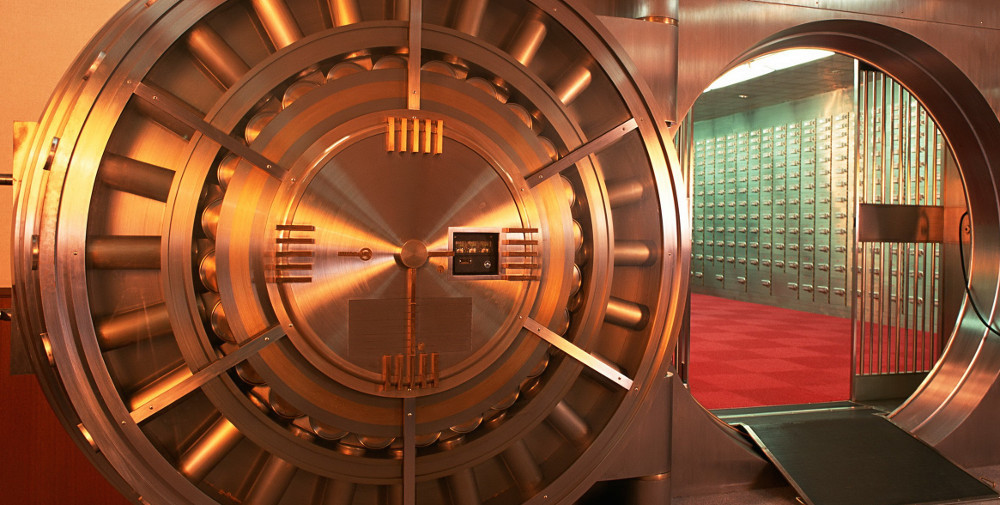Privacy and security
The security of your data is our primary concern. As a trustworthy digital repository, we guarantee your data forever. In addition, the site allows you to control access to each content item and prevents unauthorized users from accessing your data.
Privacy: Controlling access
You can choose to keep your content private or to share it with other people by selecting the appropriate publication option:
- Private content is only accessible by you, and, if applicable, the account owner and account editors. If you don't add any editors to your own account, private content is truly private.
- Content with publication status "Family & Friends" (F&F) can only be viewed by people to whom you have given access rights to F&F content on the account page.
- Public content can be viewed by anyone.
Please note, however, that all content will be published 100 years after the date of initial content creation, unless you delete it beforehand, since there is no point in permanently storing content that is hidden forever.
Security: Preventing unauthorized access
To keep your data safe from attackers, our security set-up follows guidelines established by the Center for Internet Security and the Open Web Application Security Project, including the following features:
- Your data are stored only in secure data centers
- Only authorized personnel have physical access to the servers.
- Only a very small number of our employees and employees of third-party service providers can log into the servers, with an even smaller number having access to the database and user files.
- The server operating system, database server and web server have been hardened to prevent unauthorized access.
- Data exchanged between your browser and our servers are encrypted
- All data sent and received between login and logout, including credit card information, are encrypted and transmitted via Secure Socket Layer (SSL) technology, making interception impossible.
- Your information is password protected
- Users need to provide a secret password to edit content or view non-public content.
- Passwords are only stored in our database after passing through a one-way hash algorithm, so that even we cannot look them up.
- To prevent brute-force password guessing and email enumeration, accounts are locked for some time after a certain number of failed login attempts.
- We implemented a range of security measures to prevent attacks on your data, including, but not limited to, the following:
- To prevent cross-site request forgeries, all user input pages require a secret token from the user that only the user's browser knows.
- To prevent cross-site scripting attacks, all user input is filtered upon receipt, and passed through an escape function before being sent to the client's browser.
- To prevent SQL injection attacks, all data sent to the database is passed through prepared statements.
